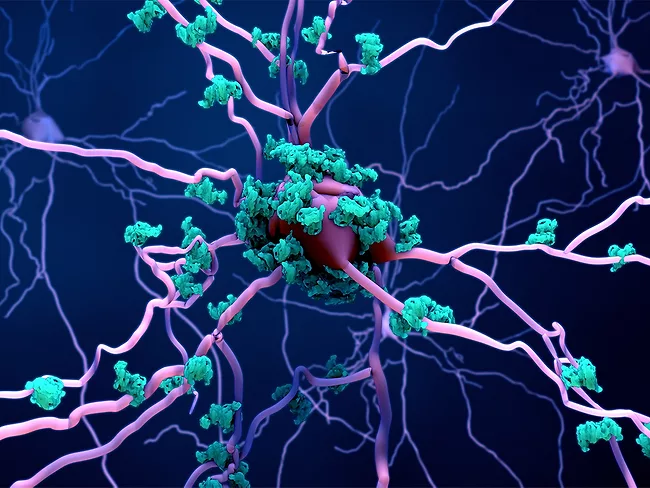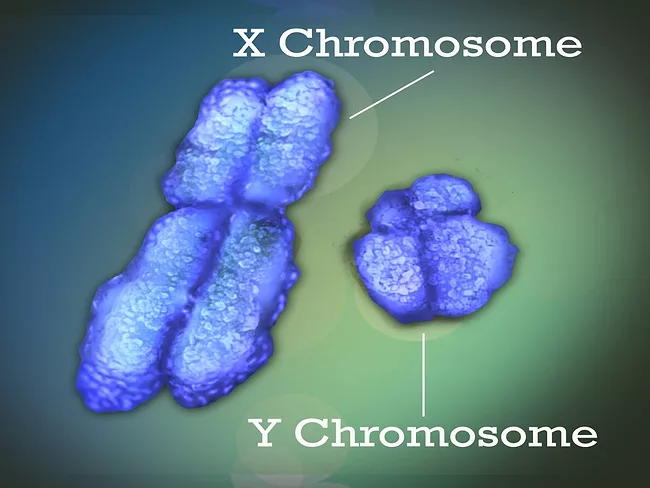
Articles Tagged with ''Alzheimer’s disease''
Neurology/psychiatric
Italian researchers synthesize new boron-based compounds for Alzheimer’s
Read MoreNeurology/psychiatric
Voyager Therapeutics to advance tau silencing gene therapy for Alzheimer’s disease
Read MoreHealing the health divide





